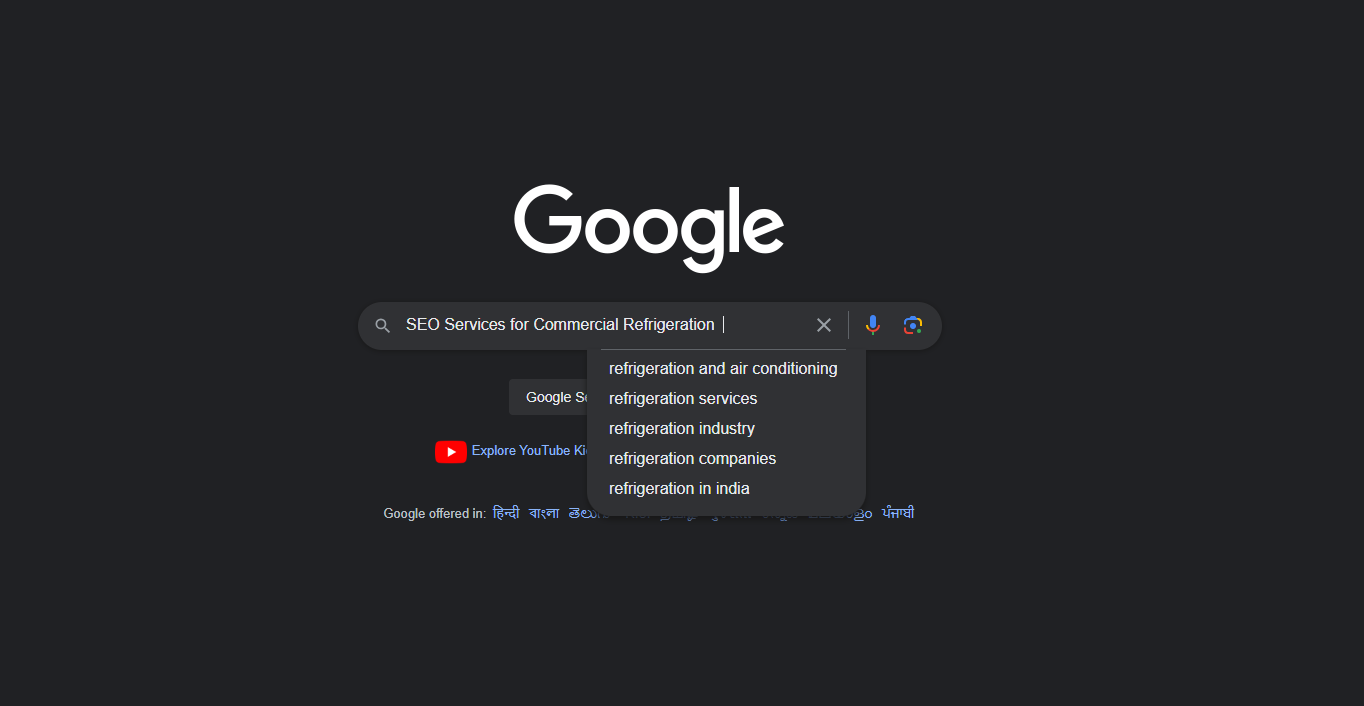SEO, short for Search Engine Optimization, is a crucial process that enables your website or specific webpages to rank higher on search engine results pages (SERPs) organically, without incurring any cost. Achieving a higher rank on search results can significantly increase your website’s visibility, leading to potential customers. To accomplish the best possible search engine ranking, there are two primary approaches: White Hat SEO and Black Hat SEO.
White Hat SEO
White Hat SEO techniques are considered ethical and are approved by search engines as part of good web design, making your content easily accessible to users seeking relevant search queries. Following the guidelines provided by search engines, such as Google’s webmaster guidelines, is crucial for White Hat SEO. To succeed with White Hat SEO, you should avoid deceptive practices and prioritize creating high-quality content that benefits users. Keeping your content up to date and catering to your audience’s needs is essential. Honesty towards your users is paramount; refrain from using tactics not endorsed by search engines to improve your SERP ranking.
Black Hat SEO
On the other hand, Black Hat SEO, also known as spamdexing or search spam, involves practices that are not approved by search engines and employ deceptive strategies to attain higher rankings on SERPs. Black Hat SEO comprises various tactics, including content spam, link spam, and other questionable practices.
a) Content Spam:
Content spamming disrupts search engine results by using misleading content through practices like keyword stuffing, meta tag stuffing, hidden text, doorway or gateway pages, machine translation, article spinning, and pages containing false information related to the page title.
b) Link Spam:
Link spam manipulates link-based ranking algorithms by adding excessive links within web pages to improve ranking possibilities. Link spam tactics encompass blogging spam, hidden links, link-building software, buying expired domains, comment spamming, link farms, and private blog networks.
c) Other Types:
Some additional Black Hat SEO tactics include creating mirror websites with identical content but different URLs and redirecting URLs through meta-refreshing with meta tags.
In conclusion, understanding the distinction between White Hat and Black Hat SEO is crucial for anyone seeking to improve their website’s visibility on search engine results. Embracing ethical and user-focused practices is the key to long-term success in the world of SEO while avoiding Black Hat techniques is essential to prevent penalties and maintain a positive online reputation. By employing legitimate SEO strategies, you can enhance your website’s performance, attract a targeted audience, and foster meaningful connections with potential customers.

